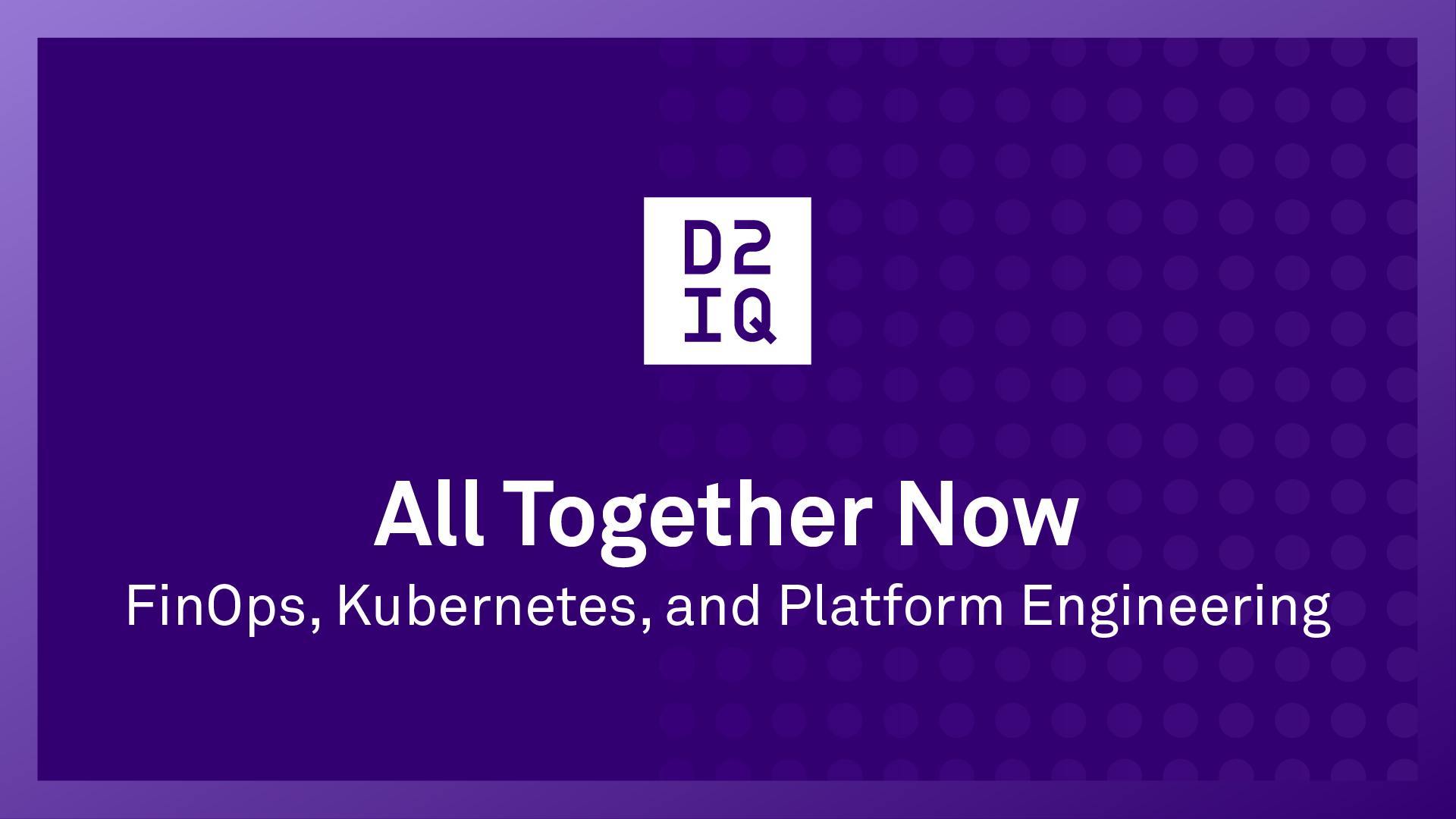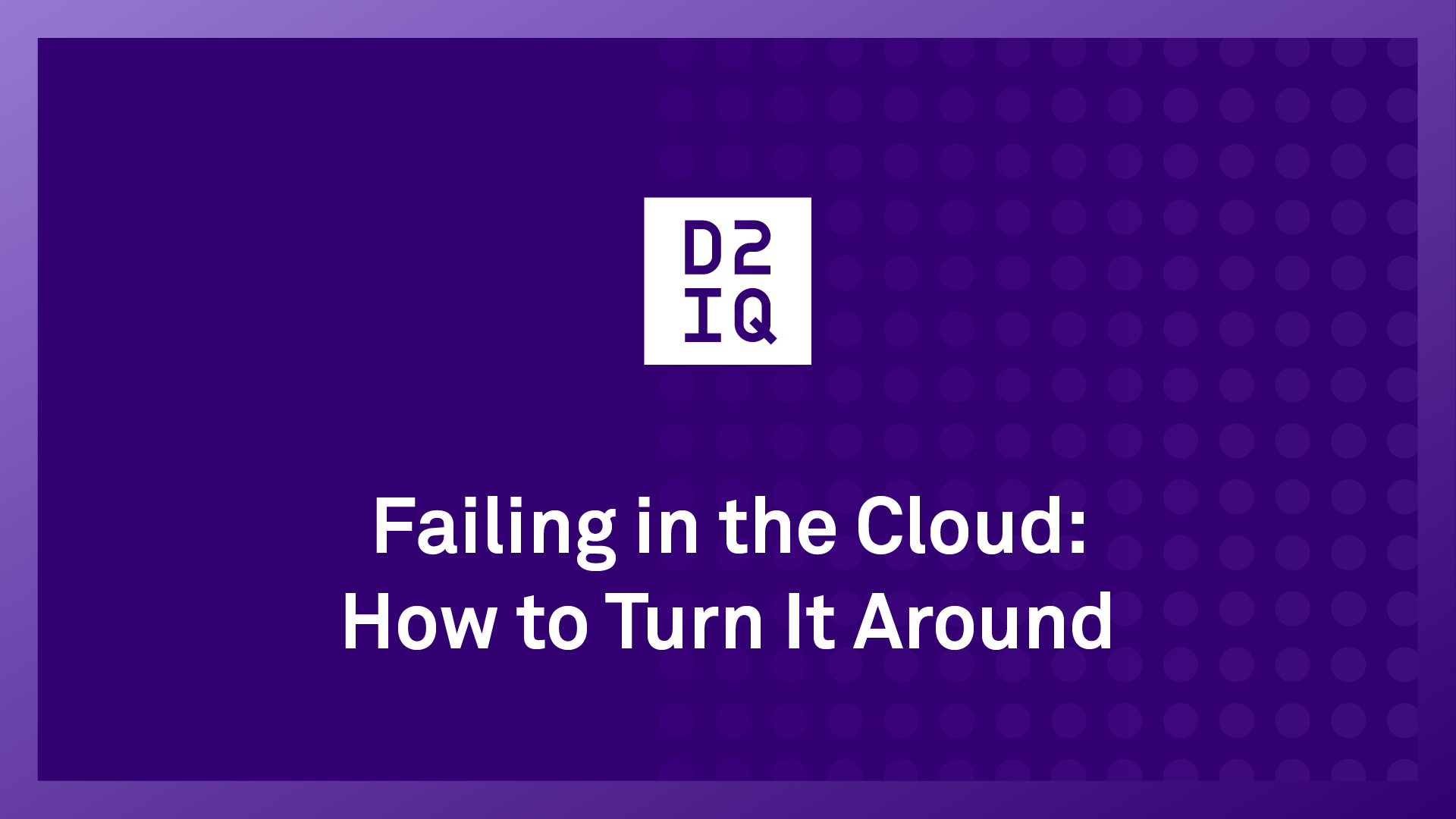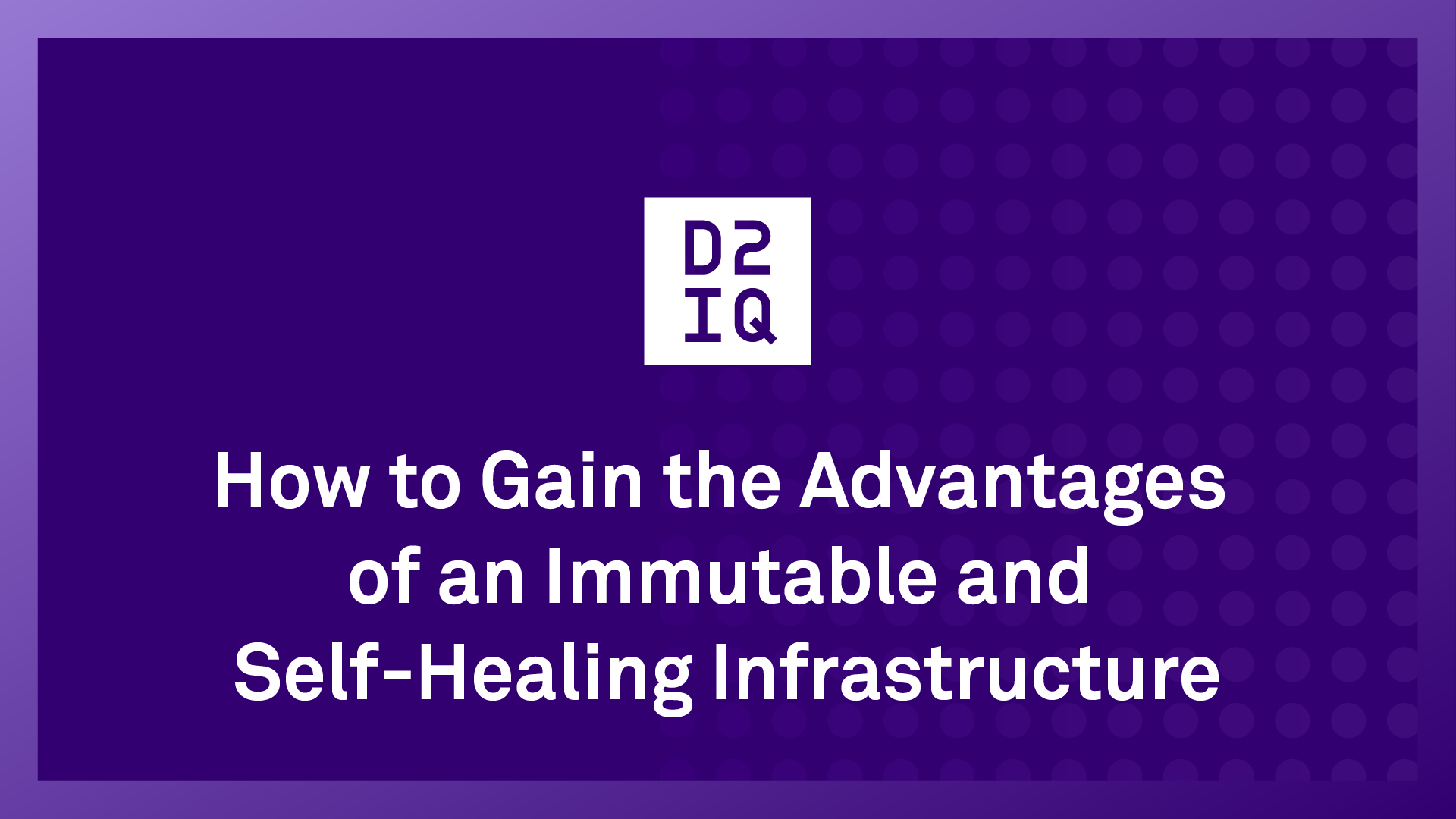Teams and organizations are leveraging Kubernetes to build platforms supporting their digital transformational efforts. A Kubernetes-based platform provides cloud-native architecture benefits such as automation, elasticity, resilience, and abstraction of the underlying infrastructure.
Kubernetes is increasingly being positioned as a “cloud operating system” that powers a multi-cloud strategy and provides platform teams the agility to interact with a standard set of APIs and deployment models.
Rise of Platform Engineering
As
platformengineering.org explains, “Platform engineering is the discipline of designing and building toolchains and workflows that enable self-service capabilities for software engineering organizations in the cloud-native era. Platform engineers provide an integrated product most often referred to as an ‘Internal Developer Platform’ covering the operational necessities of the entire lifecycle of an application.”
A feature-complete
Kubernetes platform enables platform teams to build an internal developer platform that provides a consistent operation model on any infrastructure and codified deployment practices for applications that incorporate declarative workflows.
What constitutes a “feature complete” Kubernetes platform? A Kubernetes platform that provides the following:
- Declarative APIs and GitOps for cluster and application lifecycle management
- Robust integration with storage and networking providers
- Scalable role-based access control (RBAC) and policy management for security and multi-tenancy controls
- Observability for clusters and applications
- Pluggability for CNCF ecosystem projects
Building a FinOps Culture
While architects and technologists forge a path toward a Kubernetes strategy that meets their organization’s needs, shared services platforms deployed using multi-cloud or hybrid-cloud patterns introduces a new set of business challenges. These include governance, tracking cloud costs, optimizing infrastructure choices based on utilization, and identifying workload abandonment across multiple cluster deployments.
Meanwhile, in the current economic conditions, business leaders are
rethinking priorities in regard to strategic business and IT spending.
Surveys show that a large percentage of organizations are wasting resources and failing to realize ROI in the cloud. A
StormForge survey, for example, found that businesses waste more than $17B a year on unused or idle cloud resources. Respondents said that 48% of their cloud spend was wasted on average.
In a
KPMG survey of 1,000 executives, 67% of the leaders said they have yet to realize significant ROI from cloud investments. And according to
Gartner, enterprises spend an average of 30% to 40% too much on cloud services.
The struggle to gain control of cloud costs is a key reason why FinOps has emerged as a critical practice. The FinOps Foundation
defines FinOps as follows: “FinOps is an evolving cloud financial management discipline and cultural practice that enables organizations to get maximum business value by helping engineering, finance, technology, and business teams to collaborate on data-driven spending decisions.”
Putting It All Together
Platforms built on Kubernetes have emerged as the de facto standard for building and deploying modern applications. While platform engineering seeks to establish self-service toolchains without sacrificing security and governance, FinOps has emerged as the discipline that aims to establish a cultural practice that fosters effective collaboration between technical and procurement teams.
FinOps is a great framework to help organizations establish discipline around infrastructure and cloud spending. The deployment of container workloads presents unique challenges in establishing cost allocation, visibility, and resource right-sizing.
Organizations are challenged to adopt innovation that can generate new revenue streams and tackle modernization while keeping costs low and without sacrificing agility. A platform built on Kubernetes enables teams to adopt modern cloud-native practices and, combined with FinOps, a culture of accountability for cloud infrastructure spending.
Instant Platform Engineering with D2iQ
The D2iQ
Kubernetes Platform (DKP) is the Kubernetes platform for building smart cloud-native applications. DKP addresses requirements for a “feature complete” Kubernetes platform that accelerates the adoption of Kubernetes to construct an internal developer platform (IDE). In effect, DKP provides instant platform engineering.
To aid FinOps,
Kubecost is included with DKP as a platform application available to customers out of the box. Kubecost provides real-time cost visibility and insights for teams using Kubernetes, helping you continuously reduce your cloud costs.
D2iQ also is a founding contributor to the
OpenCost initiative. OpenCost is a vendor-neutral open source project for measuring and allocating infrastructure and tracking container costs in real-time. Built by Kubernetes experts and supported by Kubernetes practitioners, OpenCost shines a light into the black box of Kubernetes spending.









